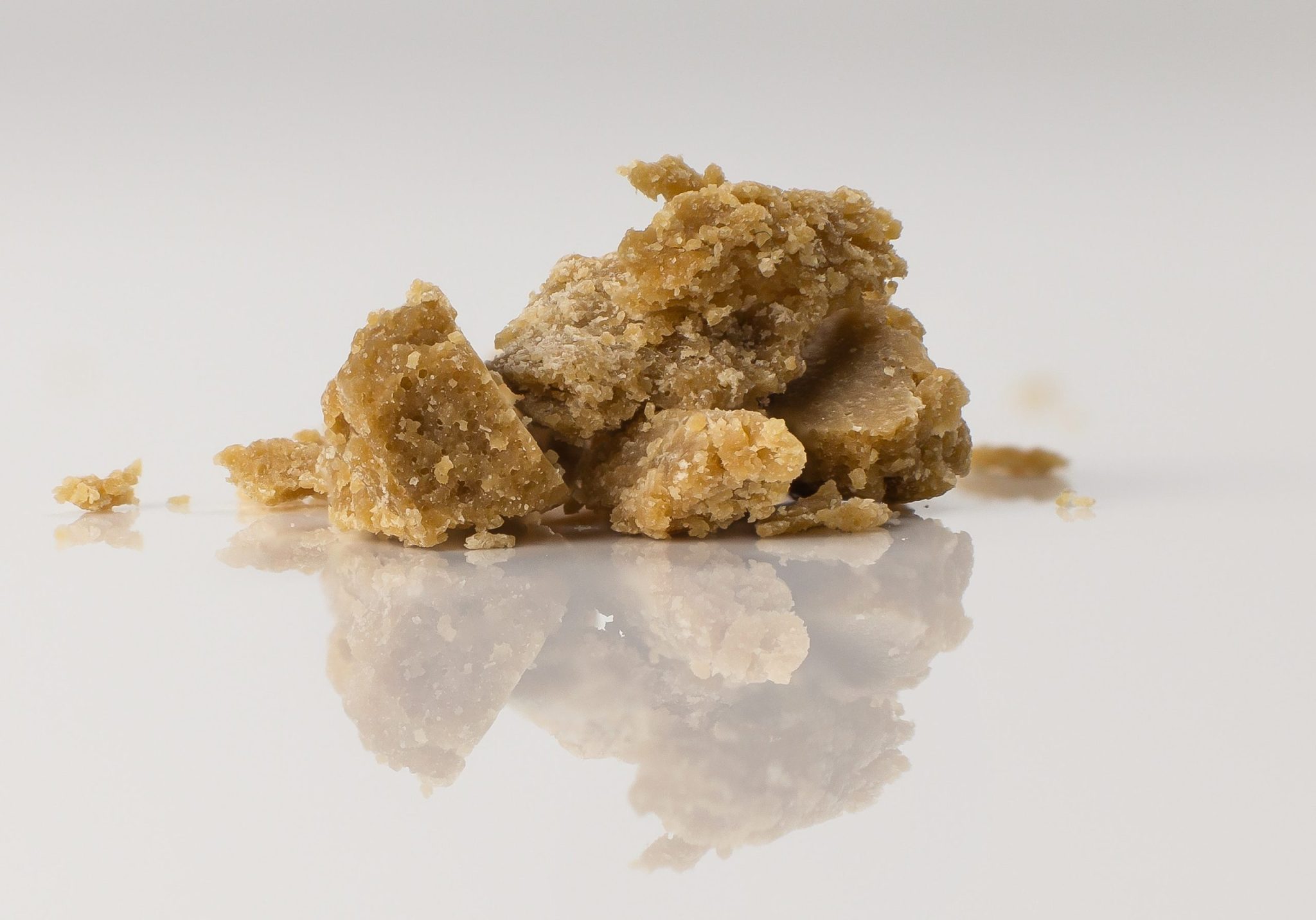In today’s fast-paced world, getting a good night’s sleep can be elusive for many. Stress, anxiety, and various health issues often interfere with the ability to achieve restful sleep. In recent years, cannabis has emerged as a popular natural remedy for those struggling with sleep disorders and insomnia. With increasing legalization and research, more people are exploring the potential of cannabis to improve sleep quality. In this blog, we’ll delve into how cannabis can lead to improved sleep, the science behind it, and tips for using it effectively.
Understanding Sleep and Its Importance
Sleep is a fundamental aspect of overall health and well-being. It is during sleep that the body repairs itself, processes memories, and regulates various bodily functions. A lack of sleep can lead to a myriad of health problems, including weakened immune function, cognitive decline, and an increased risk of chronic conditions such as heart disease and diabetes.
Despite its importance, many people struggle to get the recommended 7-9 hours of sleep per night. Factors such as stress, anxiety, chronic pain, and sleep disorders like insomnia can disrupt sleep patterns, leading to poor sleep quality and daytime fatigue. This is where cannabis enters the conversation as a potential solution.
The Science Behind Cannabis and Sleep
Cannabis contains various compounds known as cannabinoids, the most well-known being tetrahydrocannabinol (THC) and cannabidiol (CBD). These cannabinoids interact with the body’s endocannabinoid system (ECS), a complex network of receptors that play a key role in regulating various physiological processes, including sleep.
THC and Sleep
THC is the psychoactive compound in cannabis responsible for the “high” sensation. It has been found to have sedative effects, making it potentially beneficial for those struggling to fall asleep. Research suggests that THC can reduce the time it takes to fall asleep and increase slow-wave sleep (deep sleep), which is crucial for physical restoration and immune function.
However, it’s important to note that while THC may help in falling asleep, it can also reduce REM (rapid eye movement) sleep, the stage associated with dreaming and memory consolidation. A reduction in REM sleep may not be ideal for long-term sleep health, so it’s important to use THC with caution and awareness of its effects.
CBD and Sleep
CBD is another prominent cannabinoid in cannabis, known for its non-psychoactive properties. Unlike THC, CBD does not produce a high and has gained popularity for its potential therapeutic benefits, including anxiety reduction and pain relief—both of which can contribute to improved sleep.
CBD has been shown to interact with receptors in the ECS that regulate the sleep-wake cycle. By reducing anxiety and promoting relaxation, CBD can help ease the mind and body into a state conducive to sleep. Additionally, CBD has anti-inflammatory properties, which can alleviate pain and discomfort that might otherwise disrupt sleep.
How Cannabis Can Improve Sleep
Cannabis can contribute to improved sleep in several ways, depending on the specific issues an individual is facing. Here are some of the key benefits:
Reducing Anxiety and Stress: One of the primary reasons people struggle with sleep is anxiety and stress. Both THC and CBD have been found to reduce anxiety levels, with CBD being particularly effective due to its calming effects without the psychoactive impact of THC. By alleviating anxiety, cannabis can help create a mental state that is more conducive to falling asleep.
Pain Relief: Chronic pain is a major disruptor of sleep, making it difficult for individuals to find a comfortable position or stay asleep through the night. Cannabis, particularly strains high in CBD, can provide pain relief, allowing for more restful sleep. For those with conditions like arthritis or fibromyalgia, cannabis can be a valuable tool in managing pain and improving sleep quality.
Regulating Sleep Cycles: The cannabinoids in cannabis can influence the body’s sleep-wake cycle, helping to regulate it more effectively. For people with insomnia or other sleep disorders, this regulation can lead to a more consistent and restful sleep pattern over time.
Reducing Nightmares: For individuals suffering from PTSD or other conditions that cause frequent nightmares, cannabis, particularly THC, has been found to reduce the frequency of nightmares by suppressing REM sleep. While this may be beneficial in the short term, it’s important to balance this effect with the potential long-term impact on REM sleep.
Promoting Relaxation: Cannabis is known for its relaxing effects, which can be particularly helpful for winding down at the end of a long day. By helping the body and mind relax, cannabis can make it easier to transition into sleep.
Tips for Using Cannabis to Improve Sleep
While cannabis has the potential to improve sleep, it’s important to use it wisely. Here are some tips for effectively incorporating cannabis into your sleep routine:
Start Low and Go Slow: If you’re new to cannabis, start with a low dose and gradually increase it as needed. This approach allows you to find the right balance without experiencing unwanted side effects.
Choose the Right Strain: Different strains of cannabis have different effects. Indica strains are generally more sedative and are often recommended for nighttime use, while sativa strains tend to be more energizing and may not be suitable for sleep. Consult with a knowledgeable dispensary or healthcare provider to find a strain that works for your needs.
Consider the Timing: The timing of cannabis use can impact its effectiveness for sleep. Consuming cannabis too close to bedtime may make it harder to wake up in the morning, while using it too early may not provide the desired sedative effects. Experiment with timing to see what works best for you.
Be Mindful of Potential Side Effects: While cannabis can be helpful for sleep, it can also have side effects, such as grogginess the next morning, especially with higher doses of THC. Monitor how your body responds and adjust your dosage accordingly.
Consult with a Healthcare Professional: If you have a medical condition or are taking other medications, it’s important to consult with a healthcare professional before using cannabis for sleep. They can help you navigate potential interactions and ensure that cannabis is a safe option for you.
Cannabis offers a promising natural remedy for those struggling with sleep issues. By interacting with the body’s endocannabinoid system, cannabis can reduce anxiety, alleviate pain, regulate sleep cycles, and promote relaxation—all of which contribute to improved sleep quality. However, as with any treatment, it’s important to use cannabis responsibly and in consultation with a healthcare professional. Whether you’re dealing with insomnia, chronic pain, or simply looking for a way to unwind before bed, cannabis may be the key to unlocking better rest and rejuvenation.



